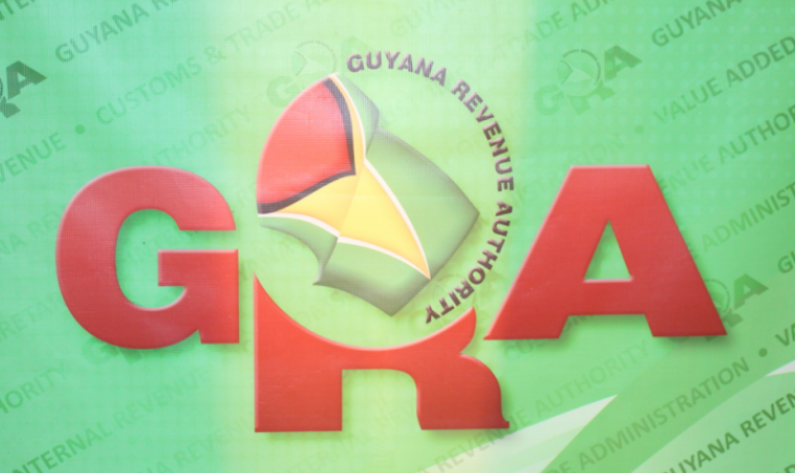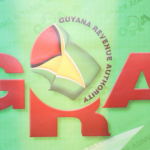
Auditing of the state’s finances for the fiscal year 2018 has found a large increase in the collection of the Value Added Tax (VAT) and a decrease in the country’s internal debt by some $8.2 billion.
Those issues were highlighted by Auditor General Deodat Sharma, in his 2018 Audit report. The report was presented to the National Assembly last year.
In its 2018 Budget, the Government had estimated collection of VAT, from January to December, to be $43.1 billion. It was found though, that the Guyana Revenue Authority (GRA) managed to collect more than $48.1 billion for the 12-month period.
The report highlighted that the amount collected represented a positive variance of $5.016 billion or 10% above the budgeted collections.
The 2017 Budget had estimated VAT collection of that year to be just over $45.3 billion. However, at the end of that year, it was realized that there was a negative variance of $2.7 billion since the tax regulatory body only managed to collect $42.5 billion. This represented a shortfall of six per cent. The report said the GRA was able to strengthen its collection mechanism in 2018, which resulted in the agency collecting more than $5.6 billion more in VAT compared to 2017.
But this was not the only area where improvements were made.
Sharma’s report also revealed that the country’s internal debt decreased by $8.2 billion, from $127.2 billion to $119 billion.
The Auditor General said that this decrease was credited to a decrease of treasury bills totalling $7.9 billion; the issuance of a non-interest bearing debenture totalling $14.6 million; and principal repayment of an internal loan totalling $279.6 million.
It was also highlighted that VAT refund payments made during the period January to December 2018, when compared with the same period in 2017, increased by over $1 billion or 60 per cent.
Commissioner General of GRA, Godfrey Statia explained in the report that initiatives were taken to complete the backlog of VAT refund applications thus resulting in an increase in refunds paid in 2018.
Additionally, he noted that subsequent to the court decision on the classification of exporters of exempt supplies as zero rated, excessive VAT refunds that were previously disallowed or denied in 2018 were paid in 2018 for taxpayers who were affected.
VAT was introduced in 2007 by then President Bharrat Jagdeo to streamline the country’s taxation system. It was reduced from the initial 16 per cent to 14 per cent by the current government in 2016.
Meanwhile, the Auditor General also discovered that GRA, in 2018, granted duty and tax exemptions to individuals and businesses totaling more than $134 billion, which represents an increase of 91.97 per cent when compared to the exemptions granted in the previous year.
Against this backdrop, the Audit Office advised GRA to continue its efforts to have information available and to present same to facilitate audit procedures, since there has been an issue with accessing information at the agency.
Additionally, it recommended that the Authority take all necessary steps to monitor the tax exemption process and to carefully administer the exemptions.











You must be logged in to post a comment Login